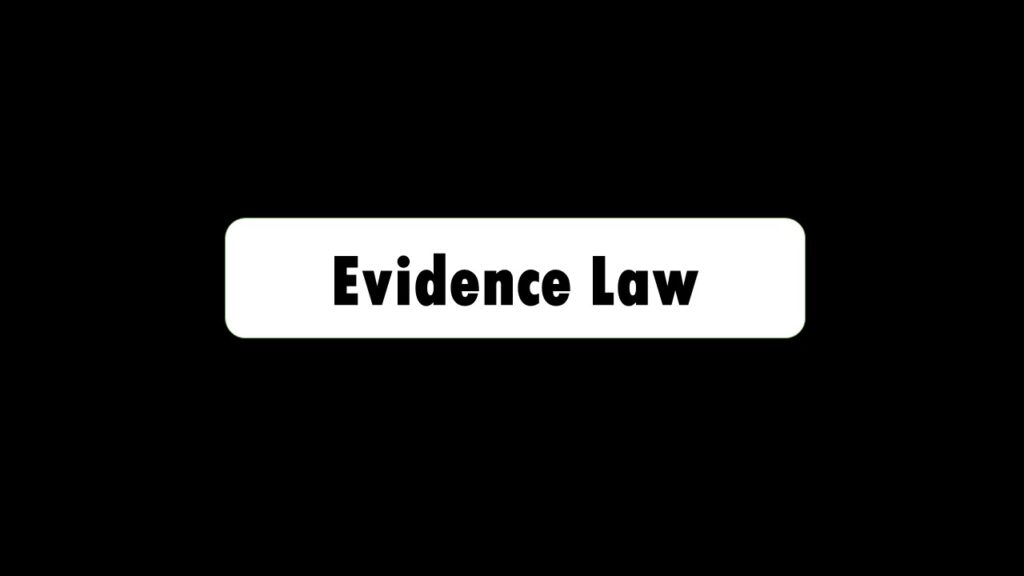Vadivelu Thevar vs. The State of Madras [AIR 1957 SC 614]: Supreme Court of India
Conviction can be based on testimony of single witness
10. ….. On a consideration of the relevant authorities and the provisions of the Indian Evidence Act, the following propositions may be safely stated as firmly established:
- As a general rule, a court can and may act on the testimony of a single witness though uncorroborated. One credible witness outweighs the testimony of a number of other witnesses of indifferent character.
- Unless corroboration is insisted upon by statute, courts should not insist on corroboration except in cases where the nature of the testimony of the single witness itself requires as a rule of prudence, that corroboration should be insisted upon, for example in the case of a child witness, or of a witness whose evidence is that of an accomplice or of an analogous character.
- Whether corroboration of the testimony of a single witness is or is not necessary, must depend upon facts and circumstances of each case and no general rule can be laid down in a matter like this and much depends upon the judicial discretion of the Judge before whom the case comes. In view of these considerations, we have no hesitation in holding that the contention that in a murder case, the court should insist upon plurality of witnesses, is much too broadly stated. Section 134 of the Indian Evidence Act has categorically laid it down that ” no particular number of witnesses shall in any case be required for the proof of any fact.” The legislature determined, as long ago as 1872, presumably after due consideration of the pros and cons, that it shall not be necessary for proof or disproof of a fact, to call any particular number of witnesses.
11 & 12. ….. Generally speaking, oral testimony in this context may be classified into three categories, namely:
(1) Wholly reliable.
(2) Wholly unreliable.
(3) Neither wholly reliable nor wholly unreliable.
In the first category of proof, the court should have no difficulty in coming to its conclusion either way-it may convict or may acquit on the testimony of a single witness, if it is found to be above reproach or suspicion of interestedness, incompetence or subornation. In the second category, the court, equally has no difficulty in coming to its conclusion. It is in the third category of cases, that the court has to be circumspect and has to look for corroboration in material particulars by reliable testimony, direct or circumstantial. There is another danger in insisting on plurality of witnesses. Irrespective of the quality of the oral evidence of a single witness, if courts were to insist on plurality of witnesses in proof of any fact, they will be indirectly encouraging subornation of witnesses. Situations may arise and do arise where only a single person is available to give evidence in support of a disputed fact. The court naturally has to weigh carefully such a testimony and if it is satisfied that the evidence is reliable and free from all taints which tend to render oral testimony open to suspicion, it becomes its duty to act upon such testimony.
